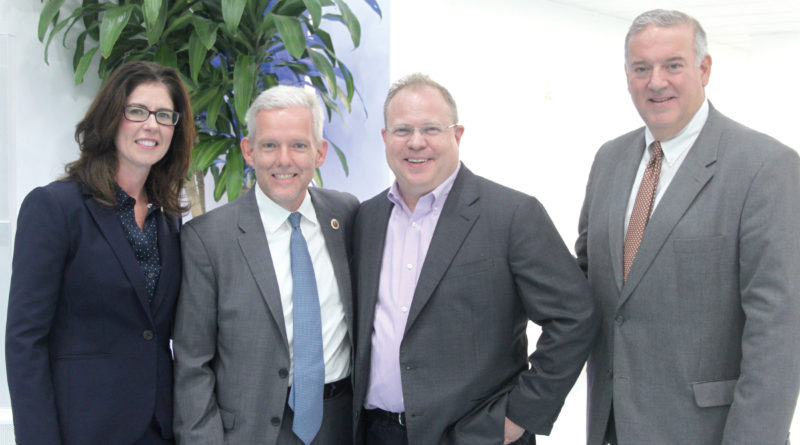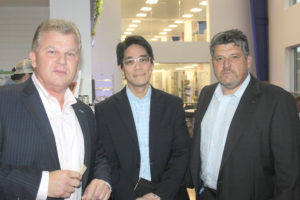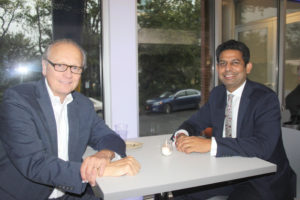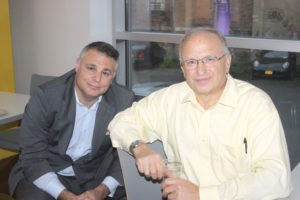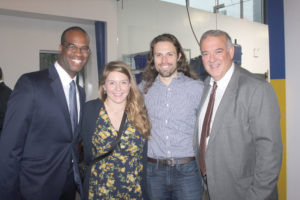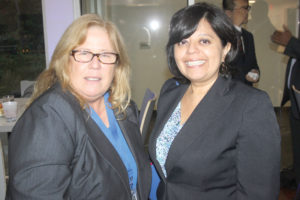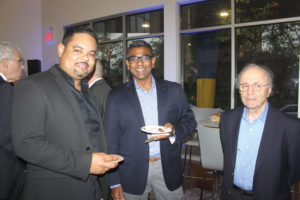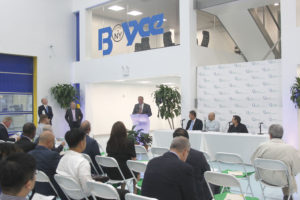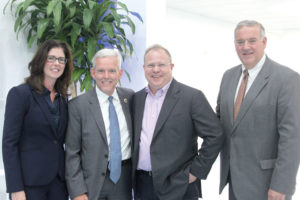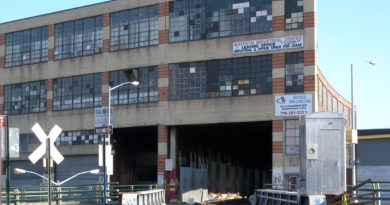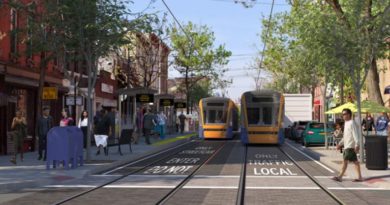Chamber committee discusses ‘next generation of manufacturing’
By Benjamin Fang
The future of the manufacturing industry is looking bright.
The Queens Chamber of Commerce’s Manufacturing Committee hosted some of the borough’s manufacturing leaders at Boyce Technologies’ new facility in Long Island City for a panel titled “the next generation of manufacturing” on October 11.
The event, featuring food and drinks from local companies, offered industry insiders a chance to hear from the leading manufacturers on how they plan to move forward with new technology.
“We’re quickly becoming, if not already, an industry of advanced manufacturers with myriad innovative techniques that enhance efficiency and productivity,” said Geoffrey Smith, co-chair of the chamber’s Manufacturing Committee and the panel moderator. “When we talk about the next generation of manufacturing, we’re not only talking about the exponential growth of robotics, sensors and artificial intelligence, we’re talking about the products, processes and most importantly, the people that support this transformation.”
Dozens of people also toured the new 100,000-square-foot facility for Boyce Technologies, which creates public safety security and communications systems. Thomas Powell, director of business development for Boyce, said the company has invested heavily in advanced technology to shrink manufacturing requirements.
“It allows us to do things that other people can’t do,” he said. “We took the further leap forward in all the technology we could find. Business is finding us, we’re not finding it.”
Company president Charles Boyce also announced that the company is in contract talks to acquire the building next door to add another 100,000 square feet. With their new expansion, they can take on “bigger challenges,” he said.
“We’ll prove that we can manufacture in the U.S., New York, Queens and Long Island City,” he said.
Powell spoke about how the company has become a “one-stop shop” for architects, contractors and customers alike. They can design prototypes for products and have it come out “in a day or two.”
Boyce Technologies’s proximity to Manhattan, just two train stops away, also contributes to their success.
“Our business model is based around a small window of opportunity with high capacity for innovation,” he said.
Ajmal Aqtash, director of advanced robotics for Boyce, framed the future of manufacturing in terms of the different industrial revolutions that have occurred. The first was the mechanization of steam and water power, which led to the second revolution: mass production, the assembly line and electricity.
That evolved into computers and automation. Aqtash said he sees the fourth industrial revolution as connected robots, such as smart vacuums, wristwatches and televisions.
“We have to look at it in the context of combining the physical world and the digital world, that is the access point,” he said. “Any found device, the moment you connect it to the Internet and it is a live feed, that produces a new endpoint for that technology.
“As a manufacturer, it’s your role to invent your new endpoint,” he added. “Don’t cap it, let it live on.”
Scott Cohen, co-founder of NewLab, an 84,000-square-foot space in the Brooklyn Navy Yard, assists businesses that work on everything from nanotechnology to space technology.
These new companies all have one thing in common.
“They’re impacting something in the physical world, either making a physical product that is running data and connectivity through it, or they’re impacting something in the manufacturing environment,” Cohen said.

